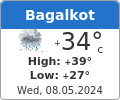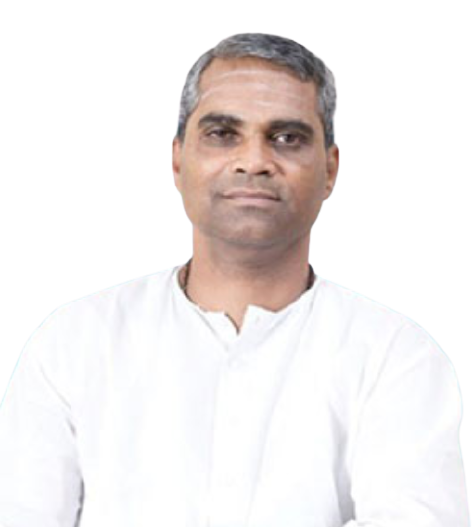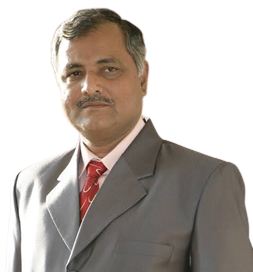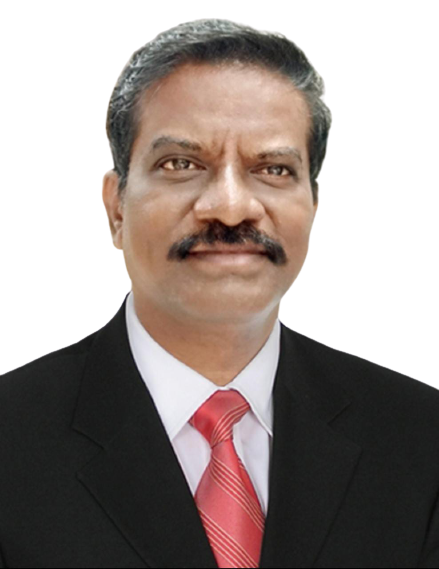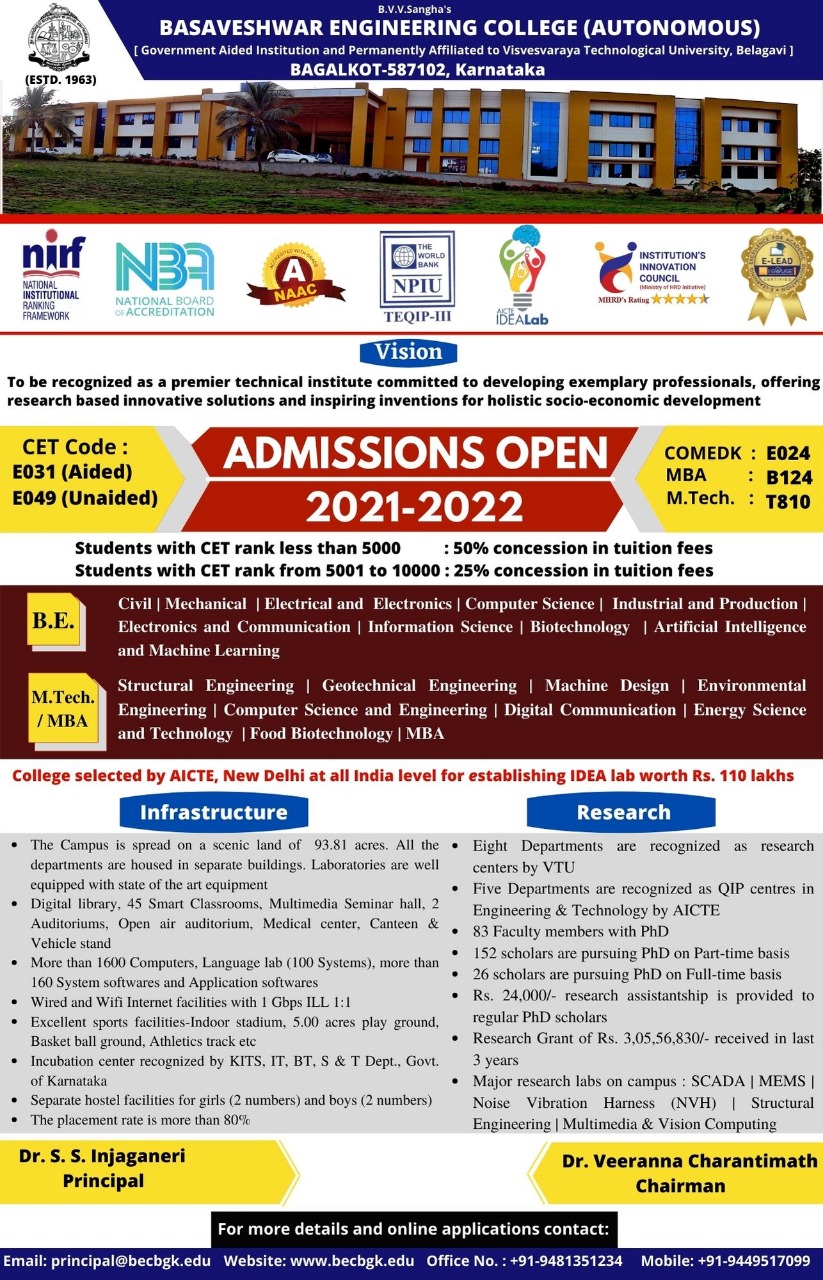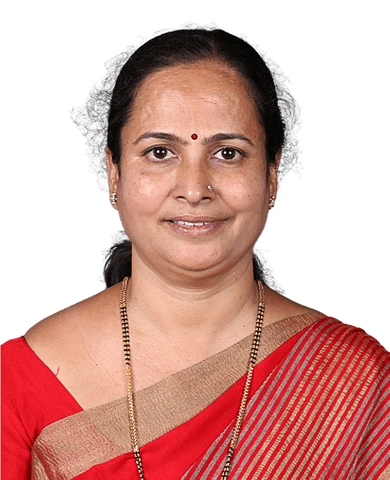Electronics & Communication Engineering
The Electronics and Communication (E&C) Engineering Department was established in the year 1985. The Department offers an Under Graduate program in Electronics and Communication Engineering, a PG program in Digital Communication Engineering.
In addition to these, it also offers PhD programs in the streams of VLSI design, Digital Signal Processing, Wireless Networking, MEMS and Speech Signal Processing which provide a platform for bright postgraduates to conduct research in state-of-the-art technologies.
The department is also a recognized centre under the Quality Improvement Program (QIP) of the Government of India. The department has a rich heritage and a strong reputation for R&D activities of internationally acclaimed standards, predominantly in the areas of communications, signal processing, microelectronics and RF/photonics.
The department has well equipped laboratories in the areas of digital electronics, advance digital communication, microwave communication, microprocessors, micro controllers and computer network, The exclusive computing facility includes state-of-art computer systems, software tools like CADENCE VLSI, ECAD, VHDL simulation, synthesis tools and other allied packages. A good number of books in the specialized areas are published by the faculty members.
The department has executed many AICTE sponsored projects to strengthen the laboratory facilities and the research. The department regularly organizes several seminars and workshops to enhance the skills of both students and teachers under TEQIP (Technical Education Quality Improvement Programme of World Bank), ACME (Association for Communication and Modern Electronics), AICTE (All India Council for Technical Education) funding.
The major goal of the department is to produce highly knowledgeable, competent and skill-full young engineers who can perform well in a wide variety of job profiles. To achieve this, curriculum provides a sound base for both the theoretical and practical aspects of E&C engineering. It also provides ample opportunities to students to work on mini projects, develop communication skills, explore internship opportunities in industry and world-class universities and take part in national and international events.
The department offers following Programs:
1. B.E. (Electronics & Communication Engineering)
2. Ph. D.
The department offers following Programs:
1. B.E. (Electronics & Communication Engineering)
2. Ph. D.
To achieve excellence in electronics and communication engineering through quality education and research for developing competent professionals.
- 1. Foster a dynamic teaching and learning process.
- 2. Encourage research through innovation and collaboration.
- 3. Imbibe moral, ethical values and social responsibilities.
- The department is having experienced teachers in different areas such as signal processing, computer networks, VLSI and MEMS.
- The department is augmented with state of art facility laboratories to support the theory courses. The labs are : 1. Electronic devices and circuits
- The highest priority of the department faculty is to provide the best teaching of theory courses and laboratories.
- The department caters the needs of curricular, co-curricular and extracurricular activities of the students.
- The projects of good quality are assigned to the students at third year and final year. Wide scope is given to students to publish their projects.
- The department is having its own library with large number of volumes.
- The students can exhibit their talents through departmental association ACME.
- The laboratories will be kept open beyond office hours for the students use if the students need.
- In nutshell, the department is well equipped with highly qualified teaching and non-teaching staff and state of art laboratories.
- Faculty members of the department undertake research work apart from their regular teaching load.
- Faculty members have published their research work in various standard journals and conferences.
- The curriculum is composed of well-balanced theory courses and laboratories to impart thorough knowledge of core, elective, and open elective subjects. The experiments in the labs are designed keeping industry requirements in mind.
- Curriculum is regularly revised in consultation with industry and academic experts.
- There are clubs like Software coding club and VLSI club to enhance the practical knowledge of the students through activities of clubs.
2. Digital electronics
3. Basic engineering
4. VLSI
5. Computer Networks
6. Communication Engineering
7. Signal Processing
8. MEMS
9. Simulation
HOD

Dr.Mahabaleshwar. S.K
Professor and Head
